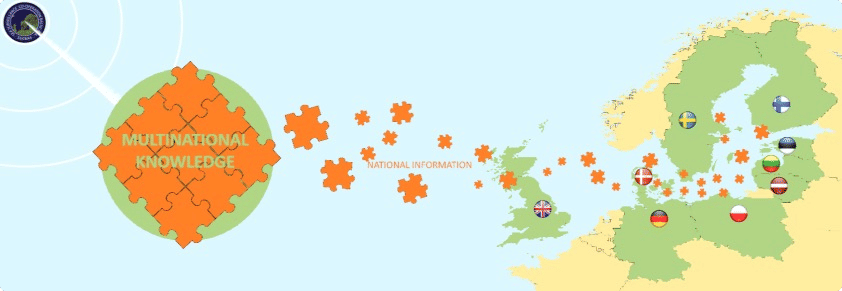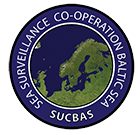Maritime Situational Awareness
Good Maritime Situational Awareness is much more than just monitoring the (Automatic Identification System) AIS transmissions that most commercial vessels transmit automatically. In support of risk evaluation the SUCBAS participants continuously evaluate data of all vessels in their area of responsibility like the following:
- Ships records of dubious or criminal activities, previous port calls,
- Cargo being transported,
- Navigational behavior observed, seaworthiness and
- Civil and military intelligence.
Based on the continuous evaluation performed the SUCBAS participants will identify the vessels which are considered to pose extraordinary risk and therefore should be kept under a close surveillance.
The asssesd risk posed by the individual ships travelling through the Baltic waters, is continuously adjusted through the compilation of all the different pieces of information provided by the individual national SUCBAS participants.
 Maritime Situational Awareness is established by correlating and fusing different pieces of information provided by the national participants into Multinational Knowledge which is again shared among all SUCBAS participants
Maritime Situational Awareness is established by correlating and fusing different pieces of information provided by the national participants into Multinational Knowledge which is again shared among all SUCBAS participants
Interoperability
Many different organisations both on the national level and internationally are engaged in maritime safety, security, environmental law enforcement activities and provision of maritime situational awareness. It is apparent that no single organisation or single country is capable of establishing sustainable maritime situational awareness on its own. In the worlds common quest to safeguard the maritime environment it is imperative that nations and organisation work together. SUCBAS welcomes cooperation with other initiatives supporting maritime situational awareness, and in support hereof SUCBAS utilizes commonly agreed concepts and terminology when sharing information.
